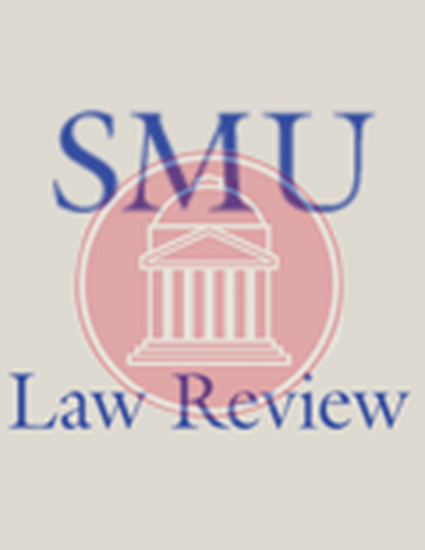
States' and nations' laws collide when foreign factors appear in a lawsuit. Nonresident litigants, incidents outside the forum, parallel lawsuits, and judgments from other jurisdictions can create problems with personal jurisdiction, choice of law, and the recognition of foreign judgments. This Article reviews Texas conflicts cases from Texas state and federal courts during the Survey period from October 1, 2004 through November 31, 2005. The Article excludes cases involving federal-state conflicts, intrastate issues such as subject-matter jurisdiction and venue, and conflicts in time such as the applicability of prior or subsequent law within a state. State and federal cases are discussed together because conflict of laws is mostly a state law topic except for a few constitutional limits, resulting in the same rules applying to most issues in state and federal courts.
During the Survey period, the Texas Supreme Court offered only two significant opinions: the first limited Texas jurisdiction for claims by Texas residents against nonresident vendors for products bought out of state, and the second reaffirmed the requirement that trial courts conduct rigorous choice-of-law analyses before certifying multi-state or nationwide class actions. Overall, the Survey period saw continued growth in forum contests, a record number of choice of law decisions, and a static number of judgment enforcements. Insurance-coverage disputes were prominent this year, including an impressive analysis by a Houston federal court in an Enron-related case. Other cases of interest include the dismissal, on parallel-litigation grounds, of the largest bankruptcy ever filed in the United States; a rare rejection of in rem jurisdiction on minimum-contacts grounds; and a good analysis of multiple forum clauses in badly drafted joint venture agreements.
Available at: http://works.bepress.com/james_george/12/
